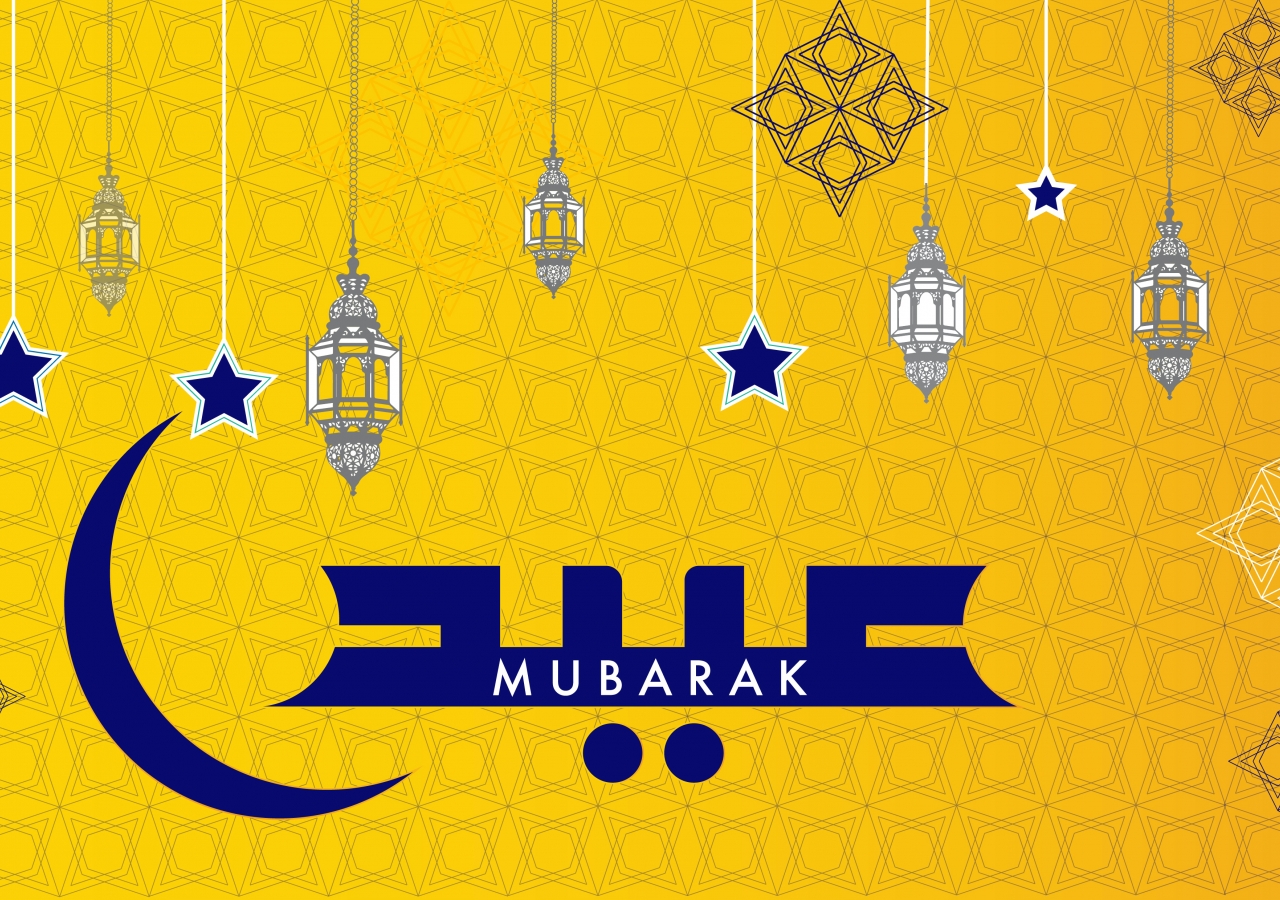The festival of Eid ul-Fitr is celebrated by Muslims worldwide to mark the conclusion of the month of Ramadan. It is a day when we express our gratitude to Allah for all we have experienced in this blessed month. During a khutba on the occasion of Eid, Imam-caliph al-Mansur (a.s.) is reported to have said:
“Indeed, most truly, did God, the Mighty and Glorious, make this day of yours a feast of greater importance than other days. He seals with it a month more excellent than other months.”1
Eid ul-Fitr is also an opportunity for us to reaffirm our values of generosity, compassion, and kindness. These values are practiced through acts of charity and by sharing the bounties of Allah, especially with those who are less fortunate.
It is said that once Hazrat Ali (a.s.) and Hazrat Bibi Fatima (a.s.) vowed to fast for three days. These were difficult times, and they often only had some barley bread with which to break their fast.
On the first day, as they were about to break their fast, an indigent person came to their door. He looked feeble and ill. “Can you spare some food for a poor man?” he asked. Imam Ali’s family had never turned away anyone in need from their door. They invited the man into their house, gave away the bread they had prepared, and broke their fast with only water.
On the second day, just as they were about to break their fast, a young boy knocked at the door. “Please give me something to eat,” the boy pleaded. “I am an orphan, and I haven’t eaten for two days.” Again, the family gave away whatever bread they had and broke their fast with water.
On the third day, a weary man knocked at their door. “Could you please spare me some food?” he asked. The family again did not refuse him and broke their fast with water.
It is believed that after this event, Prophet Muhammad (s.a.s.) received a revelation. In Surah al-Insan, Ayats 8-9, Allah refers to the pious and says:
“And they feed, for the love of Allah, the indigent, the orphan, and the captive, (Saying),"We feed you for the sake of Allah alone: no reward do we desire from you, nor thanks.”
The selfless actions of the Ahl al-Bayt contain significant lessons for us in compassion, charity, and love. As we celebrate Eid ul-Fitr, let us take inspiration from the Ahl al-Bayt and reaffirm our commitment to being compassionate believers. Let us commit to expressing our love for Allah through acts of kindness for the less fortunate and let us do this work without desire for material gains or thanks. Given the shelter-in-place requirements, we will miss one of the highlights of the end of Ramadan: coming together to recite Eid namaz as one family; however, we can still keep the day joyous. Keeping our family rituals for the day as best we can, whether that is wearing something new or preparing our favorite food. We can also make a concerted effort to pray for all who are struggling and suffering; for an ease to all our difficulties; for the best of this world and the next. Remember, Allah tasks no soul with more than it can bear, and on Eid, we have relief for a moment.
Eid ul-Fitr Mubarak!
1 Paul E. Walker, 2009, Orations of the Fatimid Caliphs: Festival Sermons of the Ismaili Imams, p. 113. https://iis.ac.uk/publication/orations-fatimid-caliphs-festival-sermons-ismaili-imams






